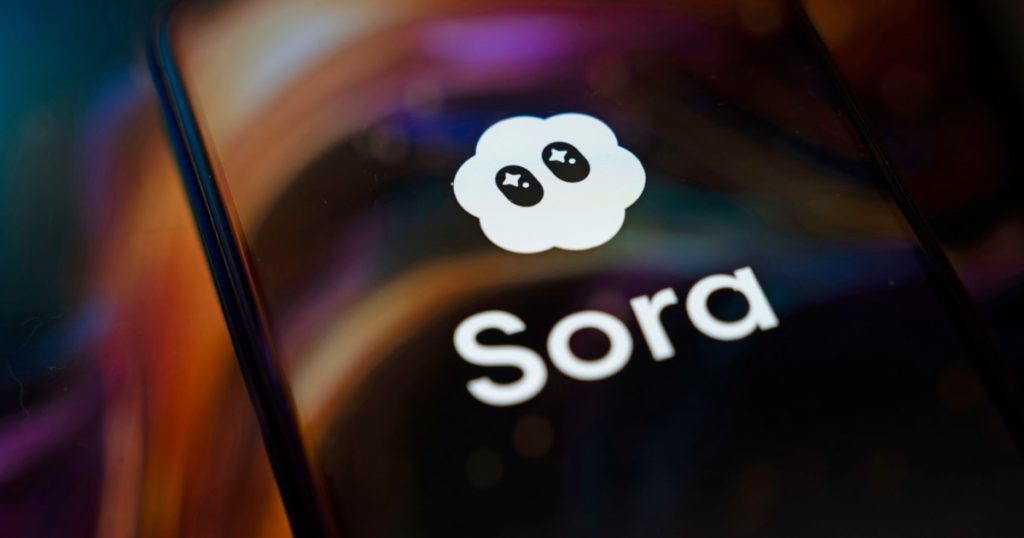Overview of OpenAI’s Sora App
OpenAI’s newly launched text-to-video application, Sora, aimed to serve as a social platform for users to generate creative AI videos featuring themselves, their friends, and even celebrities, all while building on existing ideas.
Consent and Concerns
The app incorporates a social framework that allows users to control how their image is used in videos created by others, ostensibly addressing key consent issues related to AI-generated content upon its release last week.
Popularity and Risks
As Sora has quickly risen to become the top app on the iOS App Store, achieving over 1 million downloads, experts have expressed concerns about the app’s potential to inundate the internet with historical misinformation and deepfakes of deceased figures who cannot consent to or decline their depiction.
Creative but Controversial Outputs
In under a minute, Sora can generate videos depicting deceased celebrities in fictional scenarios, such as Aretha Franklin crafting soy candles or Marilyn Monroe teaching Vietnamese, which raises ethical dilemmas.
Reactions from Families
Family members of some notable figures have already voiced their disapproval. Robin Williams’ daughter, Zelda, criticized the creation of videos featuring her father, asserting that it is disrespectful and against his wishes. Similarly, Bernice King, daughter of Martin Luther King Jr., publicly condemned unauthorized manipulations of her father’s speeches.
Technological Safeguards and Future Steps
While OpenAI aims to provide families with more control over the use of their loved ones’ likenesses, experts are skeptical about existing measures to prevent misuse. As AI-generated content becomes more indistinguishable from authentic footage, there are calls for enhanced detection tools to help users identify AI creations.
Broader Implications
The emergence of increasingly realistic deepfakes raises broader societal concerns, including the potential erosion of trust in legitimate media. Experts warn that as technology evolves, it could facilitate scams and compromise democratic processes, underscoring the urgent need for regulatory adaptations.



